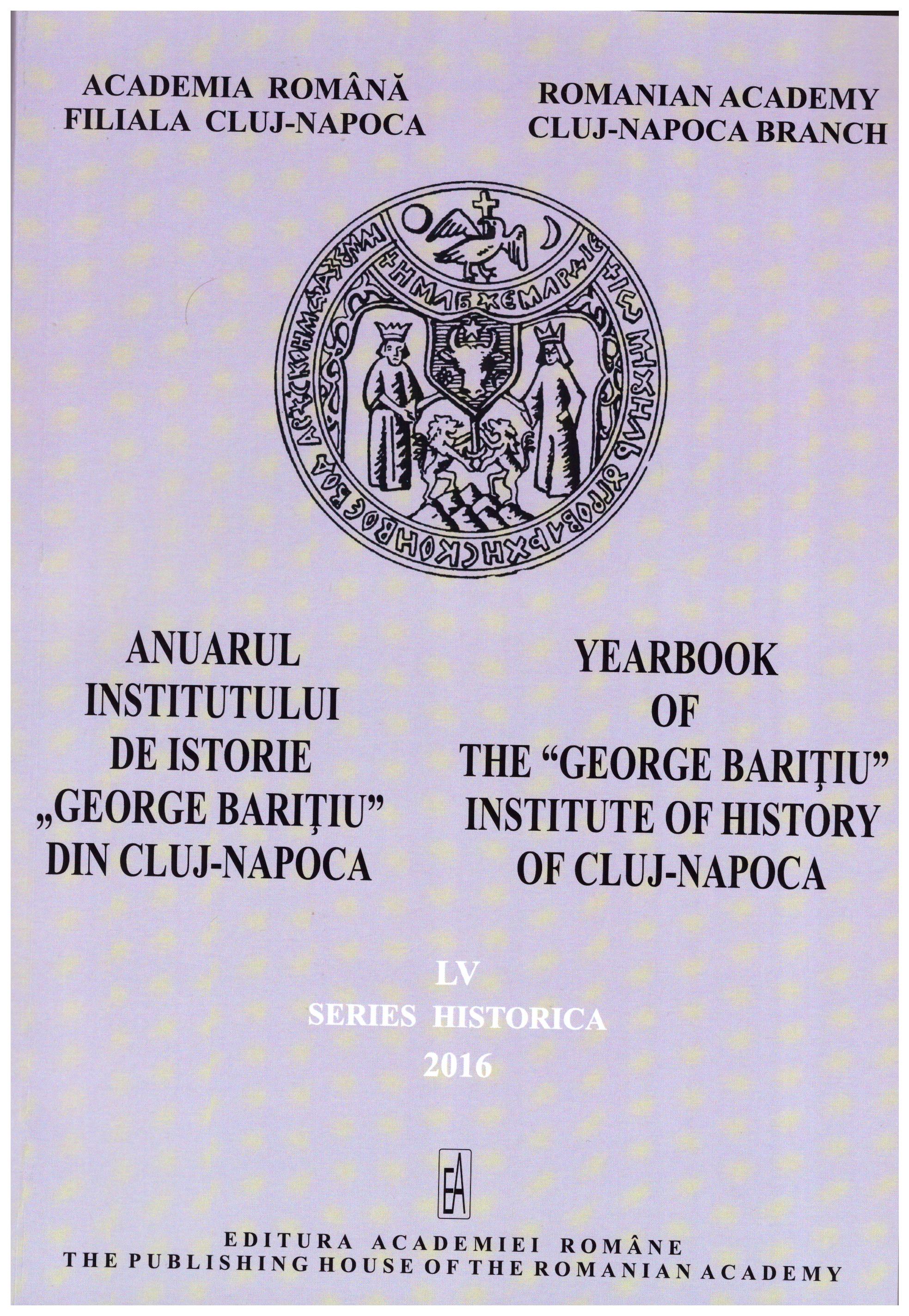Atitudinea autorităţilor române în anii ’70 faţă de victimele Holocaustului în contextul despăgubirilor germane
Romanian Authorities' Attitude in the 70s towards the Victims of the Holocaust in the Context of German Reparations
Author(s): Petre MateiSubject(s): History, Post-War period (1950 - 1989), History of the Holocaust, History of Antisemitism
Published by: Editura Academiei Române
Keywords: Holocaust; Wiedergutmachung; Reparations; Diplomatic relations: Romania-West Germany
Summary/Abstract: Although the Holocaust was neglected and minimized in communist Romania, starting with 1967 (restoration of diplomatic relations between Romania and West-Germany) the Romanian authorities made efforts to obtain compensations from West-Germany for the victims of Nazi persecutions. However, this meant no real change in the way Romania dealt with its own recent past (the anti-Semitic and anti-Roma measures during WWII taken by the Romanian authorities), which tended to be ignored. It was considered more profitable for Romania to externalize its own guilt by blaming exclusively West Germany, from which they hoped to obtain hard currency. The Romanian secret services played an important role in organizing this process. According to the way the Romanian authorities acted, the process had two phases: 1) 1967-1970 - unofficial phase (through intermediaries); 2) since March 1970 –official phase (the Romanian government decided to negotiate directly with the West-German authorities). Within a year, on March 2, 1971, more than 155.000 compensation claims were submitted (mostly for Jewish and Roma victims). In May 1971, fearing a domino effect, the German government decided to refuse any compensation payments to Romania and other communist states.
Journal: Anuarul Institutului de Istorie »George Bariţiu« - Series HISTORICA
- Issue Year: LV/2016
- Issue No: 55
- Page Range: 215-233
- Page Count: 19
- Language: Romanian

